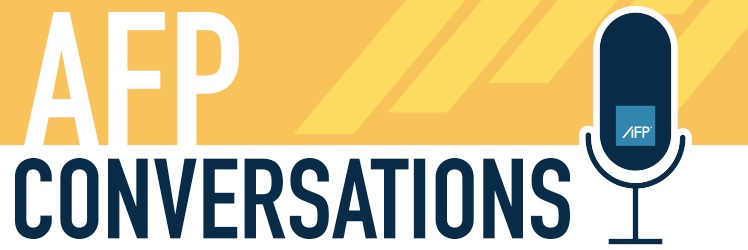AFP Conversations Podcast

Casey Gerald: There Will Be No Miracles Here
Casey Gerald challenges conventional notions of success and shares his inspiring journey. Hear him speak at AFP 2019 in Boston.
Subscribe With iTunes Subscribe With Google Play Subscribe on Tunein Subscribe on Stitcher

